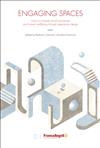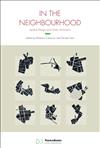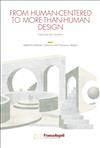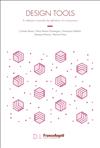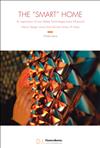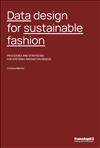DESIGN INTERNATIONAL SERIES
Direction: Silvia Piardi
Scientific Board:
Alessandro Biamonti, Alba Cappellieri, Mauro Ceconello, Claudio Germak, Ezio Manzini, Carlo Martino, Promil Pande, Mario Piazza, Angelica Ponzio, Francesco Scullica, Francesca Tosi, Yingchun Zang
Editorial Board:
Alessia Brischetto, Alessio Caccamo, Barbara Camocini,
Giuseppe Carmosino, Eugenia Chiara, Andrea Di Salvo, Elena Elgani,
Silvia Gramegna, Shashwat M. Pande, Gustavo Alfonso Rincon,
Fabiano Scherer, Daniela Selloni, Davide Spallazzo, Livia Tenuta
The Design International series was launched in 2017 as a place for cultural exchange between the different design souls. Over the years, the series has consolidated its position as a point of reference for international research, outlining a continuously updated research map.
The Scientific Committee, consisting of experts in fashion, interiors, graphics, communication, product, service, social interaction, innovation and emotional design guarantees the level of the accepted texts. The Editorial Board, consisting of young experts in the different branches of design, supports the work of the scientific committee. After an initial evaluation by the two committees, the texts undergo international double revision.

